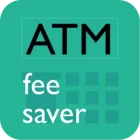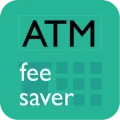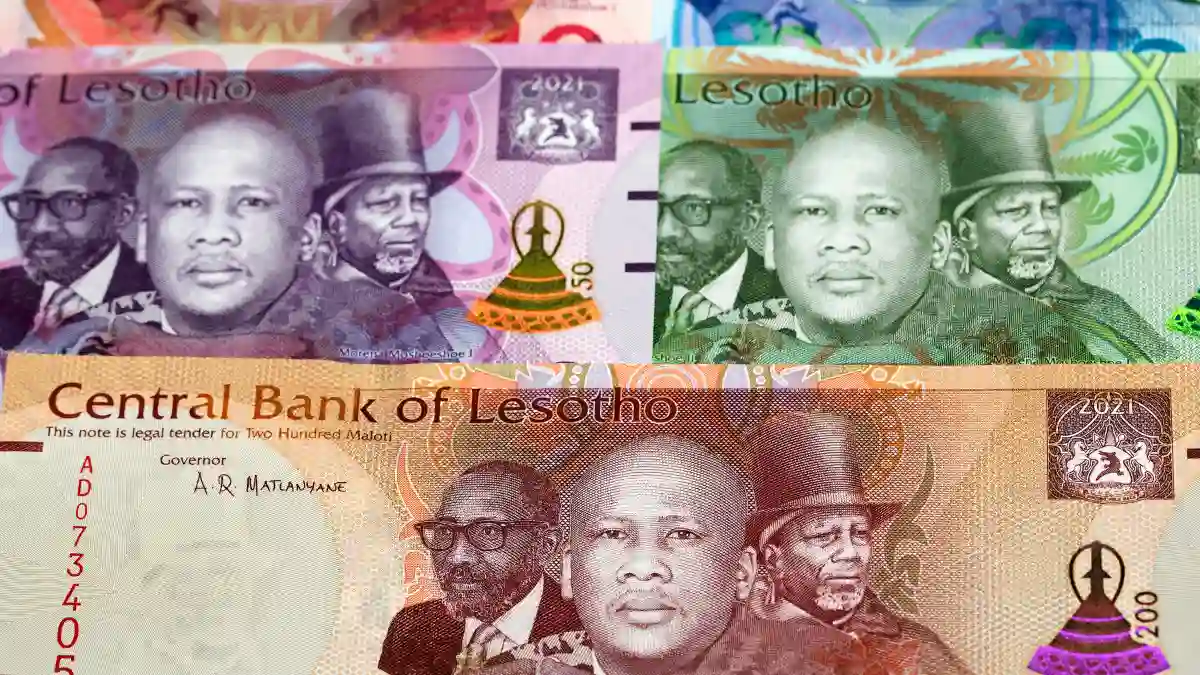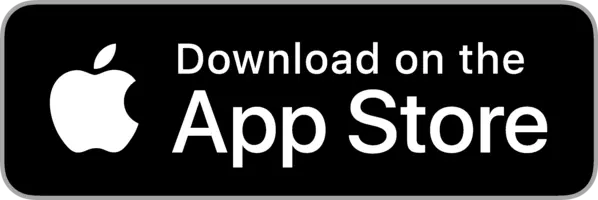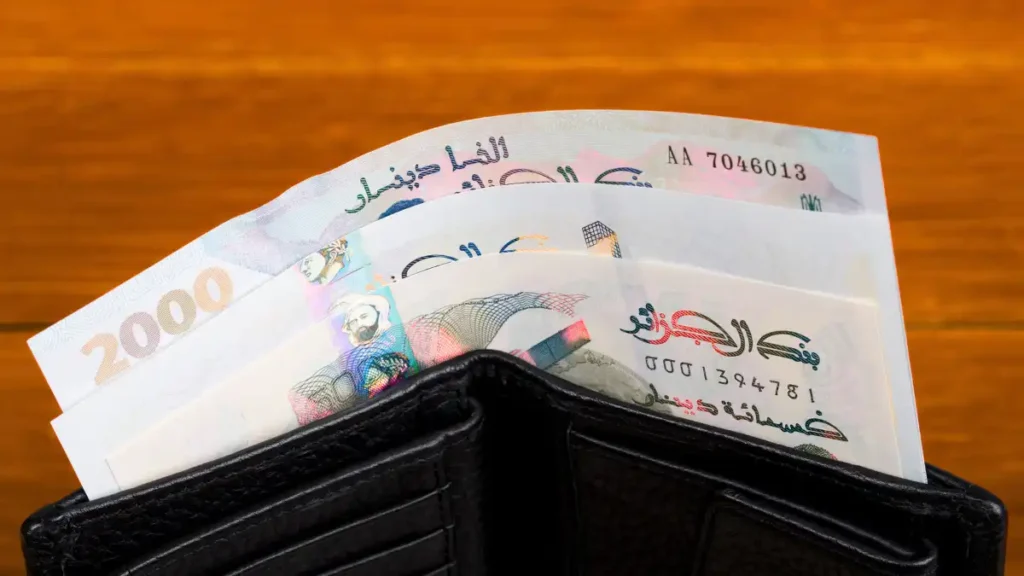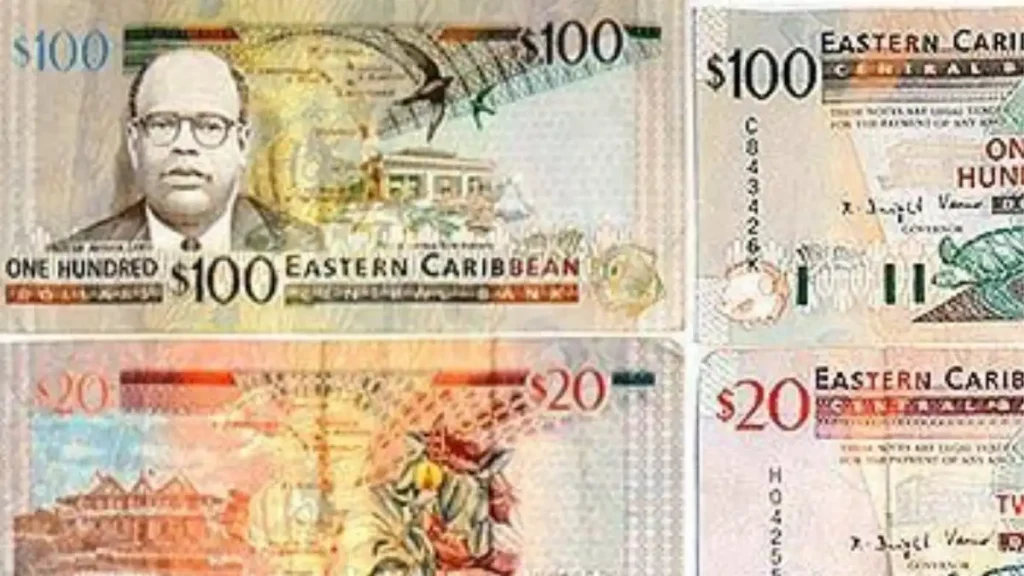Lesotho’s dramatic mountain scenery and warm local culture make it a unique destination in Southern Africa – but understanding money in Lesotho and how currency works is key to a smooth and stress-free trip. Whether you’re exploring rural villages, paying for guided hikes, or shopping in Maseru’s markets, knowing how to pay is essential. This guide explains what currency to bring, how to get money and currency in Lesotho (Lesotho Loti – LSL, often used alongside South African Rand), cash safety tips, and essential dos and don’ts. With these insights, you’ll avoid fees and enjoy Lesotho’s beauty with ease.
How to pay in Lesotho – cash or card?
In Lesotho, cash is still the dominant payment method – especially outside major urban centers. In some locations, card and mobile payment options are emerging in popularity, particularly in city-based businesses. The Lesotho loti (LSL) is the official currency, pegged to the South African rand (ZAR), which is also accepted at many places.
You can use cash for:
- Public Transportation: Minibuses, taxis, and local buses operate on cash fares.
- Street Vendors and Markets: All traditional markets and small stalls take only cash.
- Small Businesses: Local shops, cafés, and informal services prefer cash.
- Hostels and Guesthouses: Most budget and rural accommodations require cash payment.
- Tips and Gratuities: Cash tips are common for guides, drivers, and hotel staff.
- Rural Areas: Card facilities are rare outside Maseru and main towns.
You can use card for:
- Hotels: Larger hotels and some mid-range lodges in Maseru accept cards.
- Restaurants: A few urban restaurants take Visa or Mastercard.
- Retail Stores: Some supermarkets and chain stores accept cards.
- Car Rentals and Tours: Established businesses may take cards, but confirm in advance.
- Online Bookings: Flights and select hotels can be booked by card before arrival.
What’s the best currency to take to Lesotho?
The Lesotho Loti (LSL) is the official currency in Lesotho, but it is pegged 1:1 with the South African Rand (ZAR) – and ZAR is accepted everywhere. That makes South African Rand the best currency to bring when traveling to Lesotho, if you intend on bringing cash.
USD, Euros, and other foreign currencies are not accepted, and exchanging them locally may be difficult or costly.
Where to get currency in Lesotho?
There are 3 main ways to get cash in Lesotho. They are:
- ATMs, or
- Banks for currency exchange, or
- Money transfer & local pick-up
Types of cards to swipe in Lesotho
Establishments with POS machines readily accept Visa and Mastercards for swiping. You might also find some places that accept Amex and other cards, albeit less frequently.
Types of cards at ATMs in Lesotho
If you’re withdrawing money in Lesotho from an ATM, ATMs commonly accept Visa, Mastercards, Plus, Cirrus and Maestro cards. Others like CUP, JCB, American Express, Diners, Discover and Rupay cards are generally not accepted.
Should I exchange money before travelling to Lesotho?
It’s helpful to bring a small amount of Lesotho Loti (LSL) or South African Rand (ZAR) before traveling for taxis, tips, or local purchases. The Loti is pegged 1:1 to the Rand, and ZAR is widely accepted throughout Lesotho.
However, a smart option will be to just use the ATMs are available in Maseru and larger towns. ATM availability may be limited in rural areas, so it’s best to withdraw in cities.
If you bring cash to exchange, do so at banks or licensed forex bureaus in the city. Airport or hotel exchange counters are rare and may not offer competitive rates. ZAR, USD, and GBP are most commonly accepted for exchange.
Where to withdraw money in Lesotho
You can withdraw money in Lesotho at leading bank ATMs in the country. The best ATMs for foreigners to use in Lesotho are those owned by popular banks such as:
- Postbank,
- Nedbank,
- First National Bank, and
- Ecobank.
There are other banks with ATMs that also accept international debit and credit cards.
There are no known Global ATM Alliance member banks or All Points network banks in Lesotho.
For a detailed guide, read Cash and ATMs in Lesotho.
Where to exchange currency in Lesotho
Common places to exchange currency in Lesotho are licenced exchange bureaus or banks.
There are limited exchange bureaus in Lesotho. Most currency exchange is handled by banks. In Maseru, you may find private forex counters near major bus stations or malls, but options are minimal.
Popular Banks Offering Currency Exchange Services are Standard Lesotho Bank, Nedbank Lesotho, First National Bank (FNB), Lesotho PostBank. Most banks are located in Maseru and other large towns, and operate Monday to Friday, from 9:00 AM to 3:00 PM.
Tip: If you’re coming from South Africa, bring ZAR in cash – it’s accepted nearly everywhere in Lesotho and makes transactions much easier.
You can find good currency exchanges in Lesotho using the ATM Fee Saver app – it will guide you to the nearest currency exchange on the map. The app helps you with forex places in 160+ countries, including Lesotho. Download now from the App Store or Play Store.
Avoid Airport Exchanges and no-fee exchange offices: They have the highest fees and poorest exchange rates. Wait to get to the city to exchange cash.
Is carrying cash in Lesotho safe?
Carrying cash in Lesotho requires caution, particularly in urban areas like Maseru where incidents of petty theft and bag snatching can occur. While cash is necessary for many transactions – especially in rural areas – it’s best to carry only small amounts and take precautions.
To carry cash safely in Lesotho:
- Divide your cash between a wallet, money belt, or inner clothing pouch.
- Avoid flashing money when paying for taxis, shopping, or using public transport.
- Use crossbody bags with zippers or front pockets to keep wallets secure.
- Stay alert in busy markets, taxi ranks, and near border crossings.
- Withdraw cash only from ATMs inside banks or major hotels.
- Keep smaller bills on hand for local vendors, transport, and tipping.
Is it better to use debit or credit cards or pay by cash in Lesotho
Use a card if it is fee-free i.e. your bank does not charge any fees to swipe the card, when the merchant / POS also does not impose any extra charge to use a card, you need to use the insurance of the card, don’t want to block cash of large purchases and card’s swipe fees are lower than withdrawal fees.
Pay by cash by withdrawing cash from ATM or exchanging currency where – fees on ATM withdrawals are lesser than fees on swiping cards, you don’t want to leave any digital footprint of your expenses, it is convenient and easier to conduct transactions.
